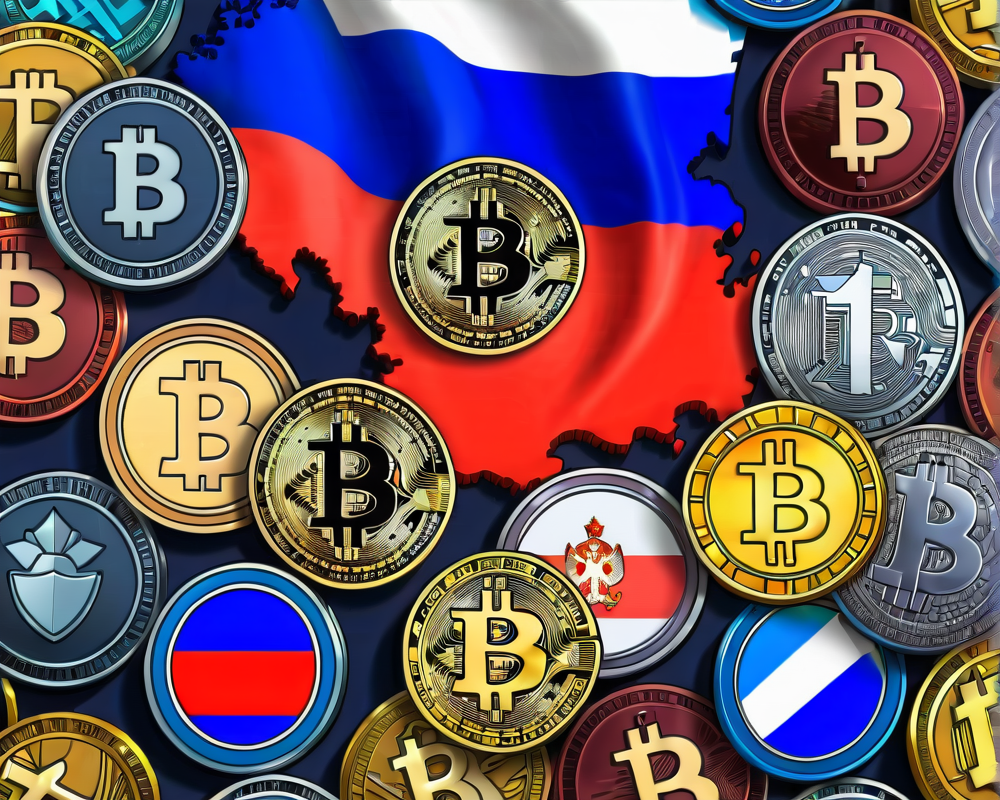Changing Tracks: The New Strategy
The Russian government has decided to steer away from the original plan for a centralized national cryptocurrency exchange. In a surprising twist, they now intend to focus on creating regulations for a variety of crypto trading platforms instead. According to Anatoly Aksakov, a member of the State Duma, this shift signals a significant change in the government’s approach to cryptocurrency regulation.
The Never-Ending Story of Cryptocurrency in Russia
Back in November 2022, there was all talk and no action regarding the launch of a unified crypto exchange, which was set to be part of the Moscow Exchange. Fast forward to now, and the idea has been scrapped altogether. “We’ve learned that one-size-fits-all rarely fits anyone,” Aksakov quipped, rather cheekily rebuffing the singular exchange idea.
Navigating Sanctions: The New Game Plan
One of the primary motivations behind this new regulatory framework is to help Russian businesses conduct cross-border transactions without the looming shadow of sanctions. Dual-purpose, Aksakov explained, this would not only facilitate international trade but also allow local firms to tiptoe around those pesky restrictions. He jokingly added, “Why follow the rigid sanctions schedule when you can engage in a little crypto-enhanced improv?”
The plan aims to set clear rules for the creation and management of numerous platforms instead of one monolithic exchange, suggesting a decentralized dream in a regulation-obsessed world.
Who’s in Charge? The Role of the Central Bank
As Russia forges ahead, Aksakov indicated that the central bank would take the reins as the primary regulator overseeing these cryptocurrency exchanges. Everyone knows who wears the pants here—it’s the Bank of Russia! They are presumably contemplating a new framework to facilitate these exchanges under the umbrella of experimental legal regimes.
The Crypto Community Responds: Mixed Feelings
Interestingly, not everyone is on board with this new plan. Major Russian crypto companies had voiced strong opposition to the national exchange idea, preferring instead the establishment of a flexible regulatory environment. Oleg Ogienko, a compliance executive at BitRiver, pointed out that regulations could minimize risks related to sanctions, saying, “Throwing a regulatory blanket over crypto might not be cozy, but at least it’s preferable to being cold out in the wild west of crypto law.”
Still, critics, including Lesperance & Associates’ founder David Lesperance, criticize the government’s approach, arguing that fears over oversight could prevent users from opting for a government-sanctioned platform. Who needs a national exchange when a VPN can unlock a universe of crypto options?
Conclusion: Regulatory Evolution or Crypto Disillusionment?
The changing winds of regulation in Russia’s crypto landscape forge a path filled with uncertainty and adaptability. As the discourse shifts from creating a centralized exchange to regulating multiple platforms, questions linger about the feasibility, security, and utilization of these measures. In the end, whether this strategy boosts the local crypto scene or leaves users in the dark will remain to be seen. Grab your popcorn, folks; it’s about to get interesting!




